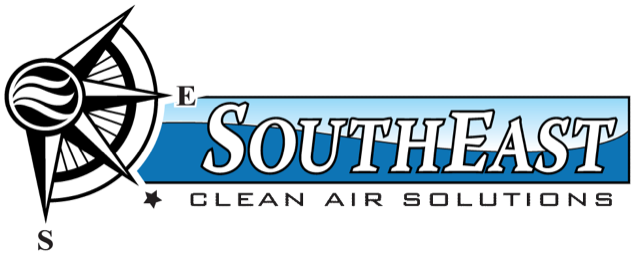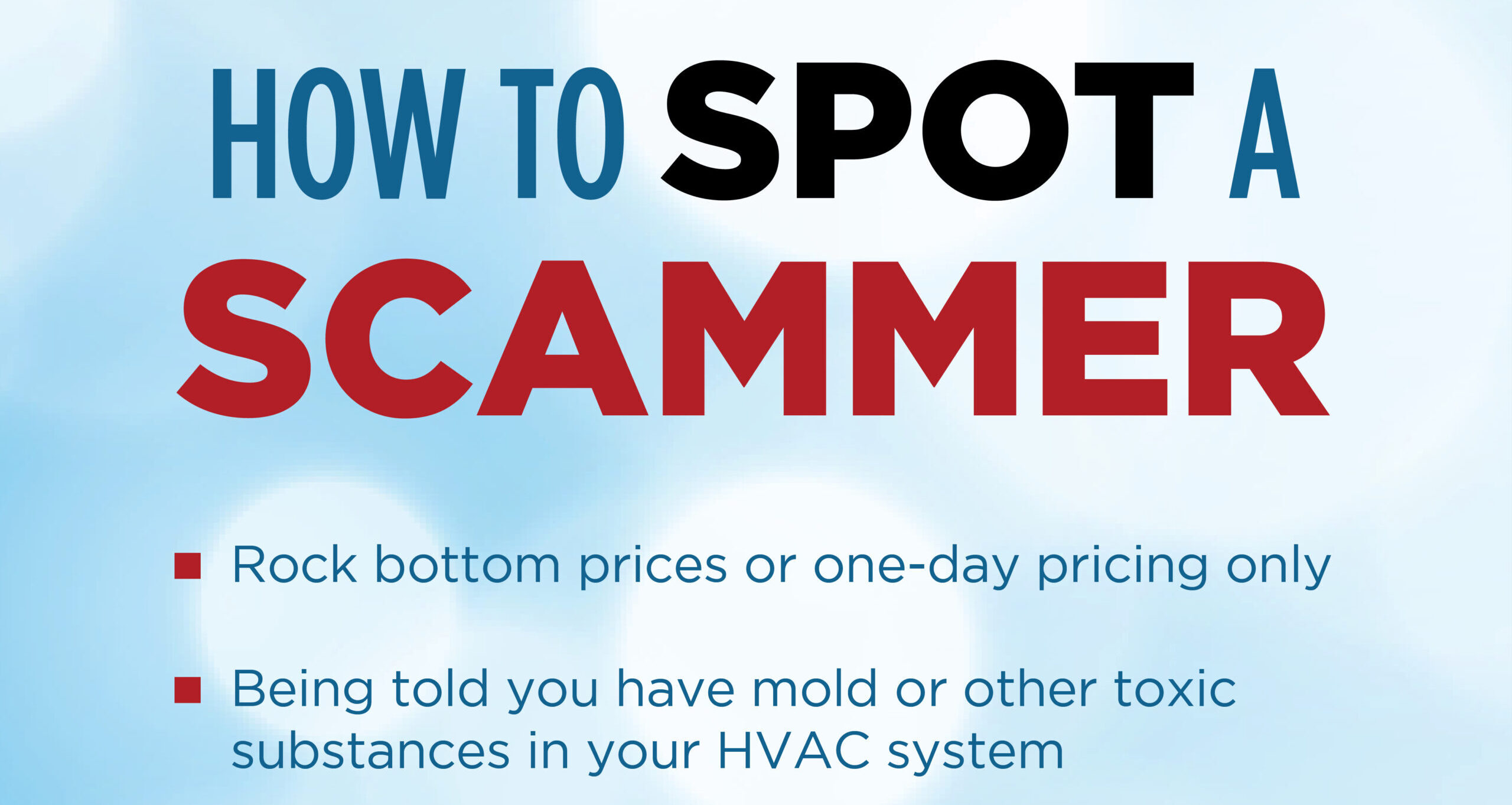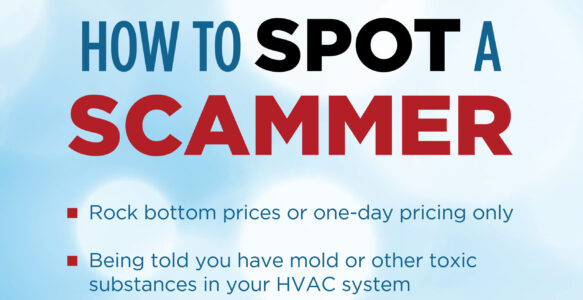It’s no secret that it’s been a tough couple of years, with a pandemic affecting each of us in ways we never dreamed, and if you’re like most people, there are lots of things you’re hoping to finally put in the rearview mirror.
With each new year, most of us spend time reflecting on the past and setting goals for the year ahead. New Year’s resolutions can look different for everyone, but it seems that being healthy and saving money still make it to just about every list!
There’s a lot of talk about indoor air quality these days, and more and more households are exploring options for HVAC system cleaning. Afterall, air duct cleaning isn’t just a great way to help you and your family breathe clean, healthy air — it can also improve your home’s energy efficiency and save you money!
Yay! That’s two boxes checked off that resolution list!
Like there’s not enough to worry about with a pandemic that continues to rage on, COVID-19 has given fuel to the fire when it comes to home improvement scams. Duct cleaning scams are nothing new (we’ve all seen those flyers that appear in the mailbox for air duct cleaning deals that seem too good, like $89 whole-house specials. Hint: if it seems too good to be true, it probably is!), but posts targeting homeowners on social media neighborhood groups are on the rise. In fact, it seems we see multiple posts for super-cheap air duct cleaning on various social media sites every single day, with users on Facebook and Nextdoor being the biggest offenders.
The content of these posts is almost identical, and often touts things like a ‘special discount’ for the first few people who comment, or one price for unlimited vents and ducts. If you look closely, you’ll notice that unrelated posts often use the exact same assortment of images and videos. The company name is almost never included in the post, and those who show interest are sent private messages through the app. Also, they’re often posted from accounts that are made to look like genuine residents of the communities the groups are made for.
The scams have gotten more and more sophisticated over time, and the posts can truly appear legit. Once homeowners show interest, the most sophisticated scammers will direct message consumers, and eventually gather personal information just before asking for a hefty deposit. Your money then disappears, and your ducts never get cleaned. Or if they are cleaned, it’s sub-par work.
According to our friends at DuctCleaning.org, there are several tactics that stand out when it comes to deciphering whether or not posts are a scam. Here are eight red flags to look out for:
- The post says “Believe my work, not my words. This is not a scam.” Hint: if they have to say it’s not a scam, it’s certainly a scam.
- No company name is included in the post. Legitimate businesses will always use their name since they want to showcase their services to the public.
- Scammers provide a company name via a personal message such as “Duct Cleaning Colorado” or “Duct Cleaners.” Those company names are generic and impossible to find on Google since it’s not a legitimate business.
- They occasionally provide a phone number, but it’s probably fake.
- The Facebook account is just a few days/weeks old. In most cases, their names don’t match the user names in the URL. Hint: This is one of the easiest red flags to spot when it comes to a scam.
- The Facebook profile is locked down tighter than Fort Knox. No followers, posts, or photos can be seen.
- Their occupation says they work at Facebook Marketplace.
- The scammer uses words like “kindly.” Example: Kindly message me to have our service.
Scam information by NADCA


